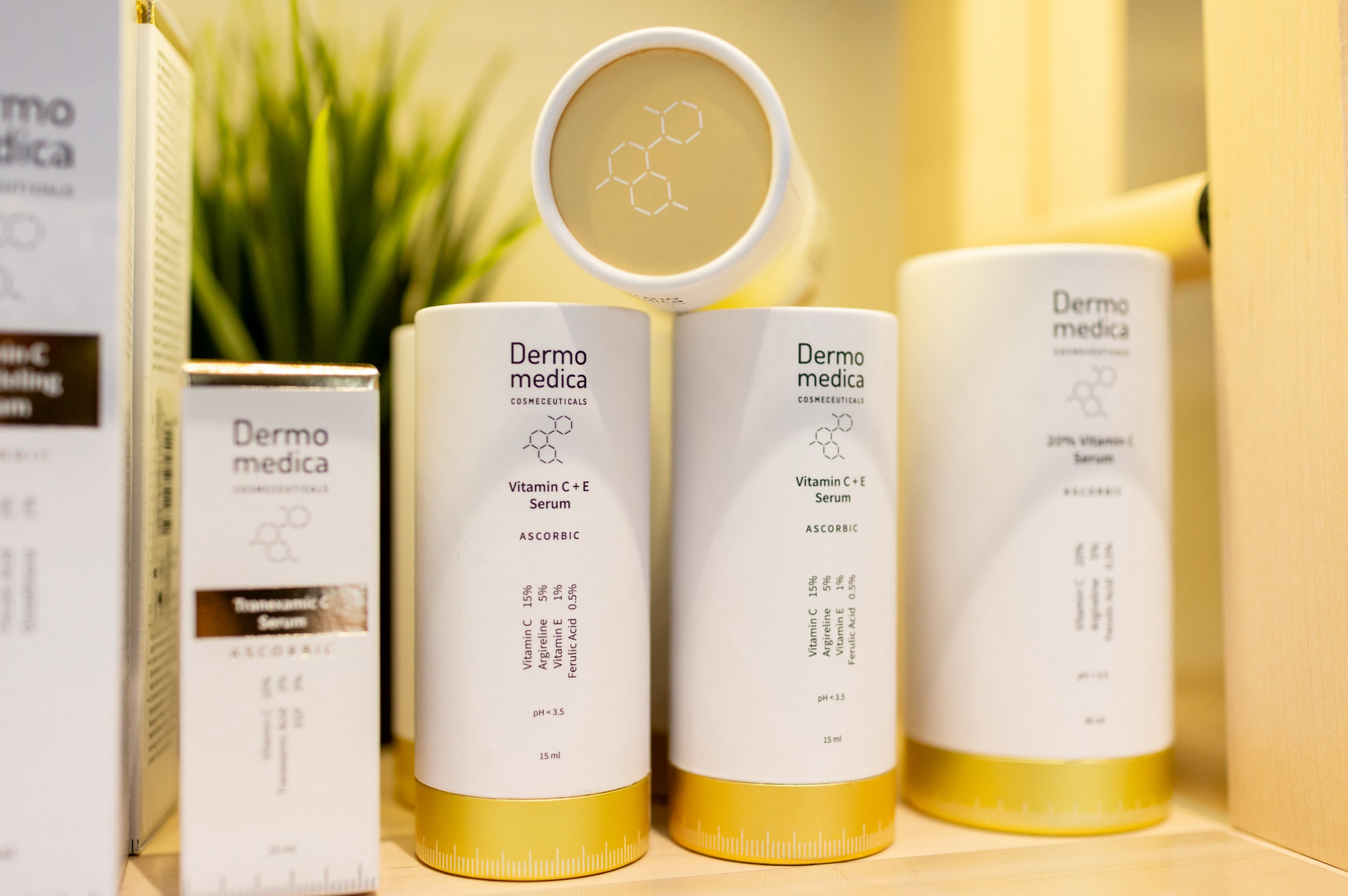
As a cosmetologist dedicated to helping you achieve radiant, healthy skin, I cannot overstate the importance of incorporating SPF into your daily skincare regime. In this article. we'll explore what SPF is, the different types available, who can benefit from its use, how long factor lasts, and its crucial role in preventing premature Aging.
Start your journey to healthier skin today by making SPF a daily habit! Your skin will thank you for it!
In conclusion, SPF is not just for sunny days at the beach – it's an essential component of everyday skincare. By prioritizing sun protection, you can safeguard your skin against premature aging and maintain a youthful, radiant complexion for years to come.
What is SPF?
Stands for Sun Protection Factor, what it means is the amount of time the sunscreen will protect your skin from UV rays, which are primarily responsible for sunburn and skin cancer.
Types of SPF
Consider your skin type and lifestyle when selecting a sunscreen to ensure it meets your needs.and find the one you LOVE !
There are various types of SPF products, including lotions, creams, gels, and sprays, catering to different skin types and preferences. Look for broad-spectrum sunscreens to protect against both UVA and UVB rays. Another think you need to know is that we have 2 types Physical & Chemical sunscreens.
- Physical uses minerals like (Zink Oxide or Titanium Oxide) which sit on the top of the skin and reflect away UV rays.
- Chemical sunscreen uses ingredients that absorb and transform UV rays into heat.

Who Can Benefit?
Everyone!!! Regardless of age, gender, or skin type, can benefit from using SPF. Whether you have fair skin prone to sunburn or darker skin less susceptible to UV damage, sun protection is essential for maintaining skin health and recommended to use EVERYDAY!!
Aging and SPF Connection
Sun exposure is one of the leading causes of premature aging, including wrinkles, fine lines, and age spots. UV rays break down collagen and elastin fibres in the skin, leading to sagging and loss of elasticity. Regular use of SPF helps prevent photoaging, preserving skin's youthful appearance. The PHOTO shows the lady who use her SPF on the face but not on the neck!! Do you see the different?
(We cover that subject in detail in another article- it deserved more attention!)
Skin Cancer Prevention
Regular use of SPF has been shown to significantly reduce the risk of developing skin cancer, including melanoma, the deadliest form of the disease. So, start to use YOUR Sun Protection Today and EVERYDAY!!! And don’t limit yourself only to the creams reach for huts, visors and even umbrellas.
Choosing the Right SPF
Dermatologists recommend using a broad-spectrum UVB and UVA sunscreen with an
SPF 30 or higher. For best protection choose the right SPF for your Skin Tone.
- Darker skin still needs to be protected against harmful rays, with at least SPF 30
- Lighter skin tone needs SPF 50, and you should apply sunscreen more frequently.
The minimum level of SPF recommended for each skin type during the average day is:
- Dry skin: SPF 30
- Sensitive skin: SPF 50 as skin is more susceptible to damage,
- Mature skin: also use SPF 50 for similar reasons to sensitive skin, skin becomes more fragile with age
By choosing your SPF pick the Physical based on Zink because:
- Zinc oxide acts as a physical barrier, reflecting UV
- Zinc oxide is its gentle, non-irritating properties, making it suitable for all skin types.
- They give you Immediate Protection right after the application (you don’t have to wait till absorbed You are just READY TO GO!
- Zinc oxide is low risk of skin irritation, making it a safer choice for those with sensitive skin or prone to allergies.
- Zinc oxide is non-comedogenic, meaning it does not clog pores or contribute to acne breakouts.
Marta’s Gold Rule: Apply Your SPF before you take of your Pyjama this way you never leave the house without the sunscreen.
Types of UV Rays

SPF protects against both UVA and UVB rays which penetrating true to your skin to bring damage to the DNA of the skin cells.
- UVA for Aging! UVA rays contribute to premature aging and can penetrate deep into the skin.
- UVB for Bronzing! UVB rays primarily affect the outer layers, causing our natural tan but also sunburn.
Daily Application
SPF should be the part of your daily skincare routine, regardless of the weather or season. Apply sunscreen generously to all exposed areas of the skin, including the face, neck, hands, and any other exposed areas.
Reapplication is Key
To maintain effective protection, sunscreen should be reapplied every 2 hours, or more frequently if swimming or sweating. Don't forget to reapply after towel drying or vigorous activity to ensure continuous coverage. Ant the most important is to be applied correctly! What that mean?
- Choose the right product
- Apply generously - enough to cover all exposes areas
- Apply early before your make up!
- Reapply regularly



